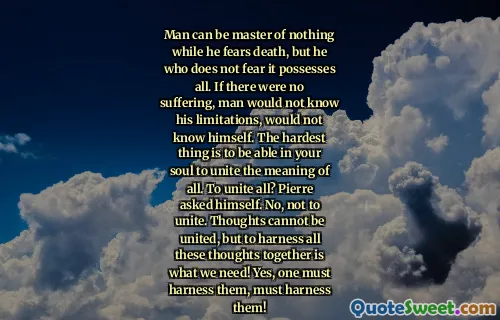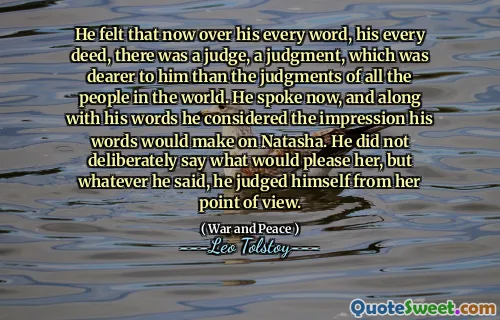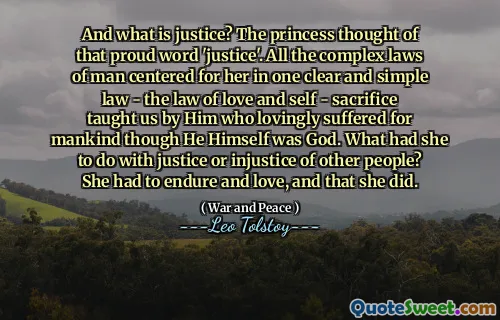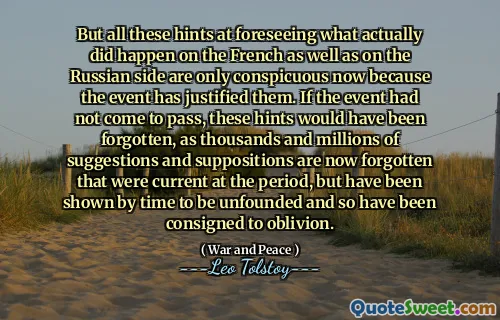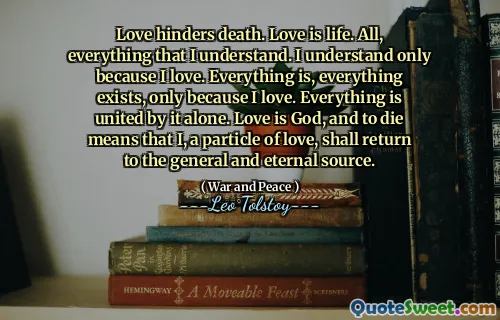
And what is justice? The princess thought of that proud word 'justice'. All the complex laws of man centered for her in one clear and simple law - the law of love and self - sacrifice taught us by Him who lovingly suffered for mankind though He Himself was God. What had she to do with justice or injustice of other people? She had to endure and love, and that she did.
This quote encapsulates a profound understanding of justice rooted not in societal or legal standards, but in the timeless and universal principles of love and self-sacrifice. The princess's reflection suggests a shift from external notions of justice—often associated with laws, punishment, and fairness—to an internal ethic centered on compassion and endurance. Her recognition that the ultimate example of love and sacrifice was demonstrated by Him who suffered willingly for humanity emphasizes the transformative power of unconditional love over transactional notions of justice. In our complex social structures, justice frequently contends with notions of retribution and fairness, often leading to conflict and division. Yet, this perspective invites us to consider a more spiritual approach—one where compassion and the willingness to endure hardships for the well-being of others take precedence. It prompts individuals to look beyond superficial judgments and to practice love, patience, and forgiveness. Love becomes a form of justice itself—an active choice to see worth in others despite their faults, to endure their wrongs with compassion, and to act selflessly. Such a mindset challenges societal norms, urging us to prioritize human dignity and empathy above legalistic notions. It reminds us that true justice may lie not in the punishment of wrongdoers but in understanding and love that transcend human imperfections. Maintaining this perspective aids in fostering peace and reconciliation, and elevates moral integrity by aligning our actions with divine principles of love and sacrifice.

